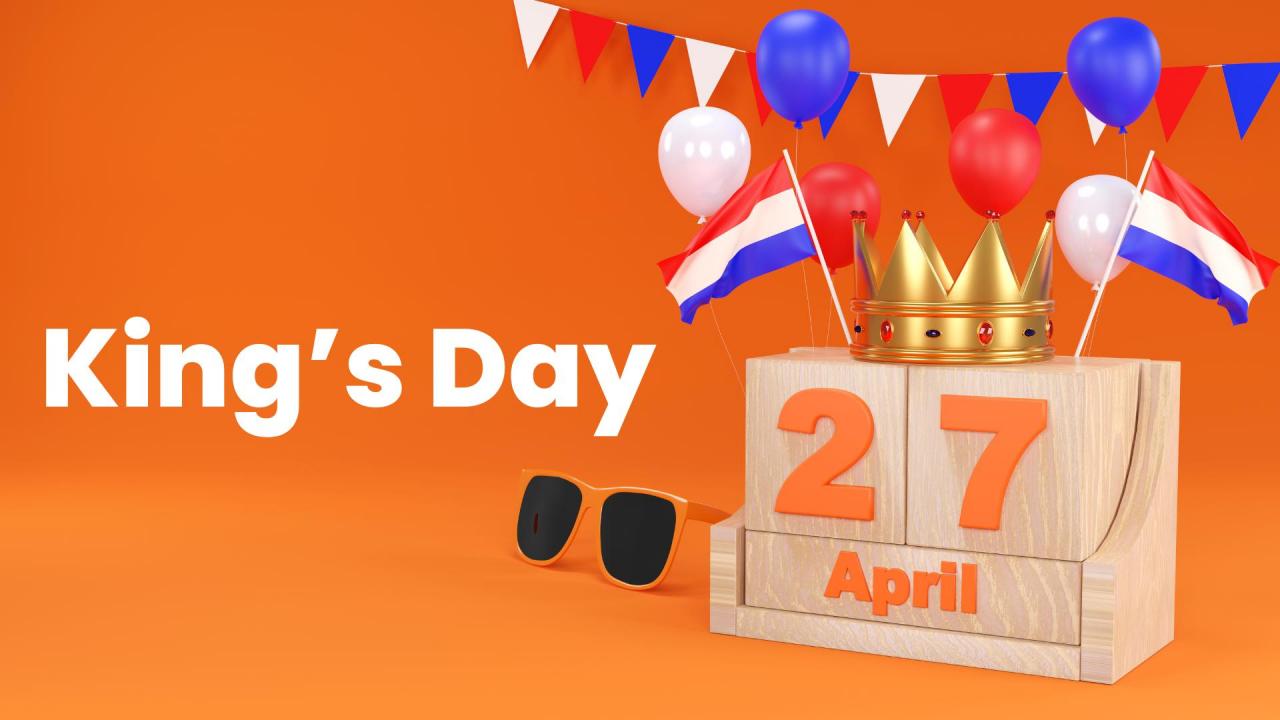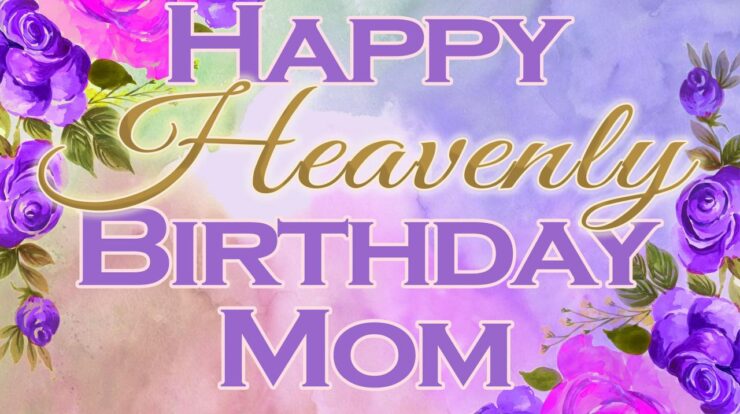
King of netherlands – The King of the Netherlands, a constitutional monarch, plays a pivotal role in the governance, diplomacy, and cultural identity of the nation. With a rich history and diverse responsibilities, the monarchy continues to hold great significance in Dutch society.
As the head of state, the King represents the Netherlands on the international stage, fosters diplomatic relations, and supports various initiatives aimed at promoting the country’s interests and values.
Reign and Governance
Willem-Alexander became King of the Netherlands on 30 April 2013, succeeding his mother, Queen Beatrix. His reign has been marked by his commitment to public service, his focus on water management, and his advocacy for sustainable development.
As a constitutional monarch, the King has limited political power. He is the head of state and symbol of national unity, and he plays a ceremonial role in the government. The King appoints the Prime Minister and the Council of Ministers, but he is not involved in the day-to-day operations of the government.
The King’s relationship with the Prime Minister is one of mutual respect and cooperation. The Prime Minister is the head of government and is responsible for setting policy. The King provides advice and support to the Prime Minister, and he can use his influence to help resolve conflicts or promote consensus.
Royal Family and Succession
The Dutch royal family is a branch of the House of Orange-Nassau. The current head of the family is King Willem-Alexander, who is married to Queen Máxima. They have three daughters: Princess Catharina-Amalia, Princess Alexia, and Princess Ariane.
The rules of succession to the Dutch throne are governed by the Constitution of the Netherlands. The throne passes to the eldest child of the reigning monarch, regardless of gender. If the monarch has no children, the throne passes to the next eldest sibling.
In the event that there are no living descendants of the reigning monarch, the throne passes to the nearest living relative in the House of Orange-Nassau.
The Dutch public generally has a positive view of the royal family. The royal family is seen as a symbol of national unity and stability, and the King and Queen are respected for their commitment to public service.
Official Residences and Palaces
The King of the Netherlands has two official residences: the Royal Palace of Amsterdam and Huis ten Bosch Palace.
The Royal Palace of Amsterdam is located in the heart of Amsterdam, and it is used for state occasions and official ceremonies. The palace was built in the 17th century, and it is one of the most iconic buildings in the city.
Huis ten Bosch Palace is located in The Hague, and it is used for more private family events. The palace was built in the 17th century, and it is surrounded by beautiful gardens.
Both of the King’s official residences are open to the public for tours.
Royal Ceremonies and Traditions

The Dutch royal family observes a number of traditional ceremonies and events throughout the year. These ceremonies include:
- The coronation of the King
- The investiture of the Prince of Orange
- The opening of Parliament
- The King’s Day
- The Royal Christmas Speech
These ceremonies are an important part of Dutch culture and history, and they help to maintain the monarchy’s connection to the people.
International Relations and Diplomacy: King Of Netherlands

The King of the Netherlands is the head of state, and he represents the Netherlands on the international stage. The King plays an important role in promoting the Netherlands’ interests abroad, and he works to strengthen the country’s relationships with other countries.
The King has undertaken a number of diplomatic missions on behalf of the Netherlands. He has visited countries all over the world, and he has met with world leaders to discuss issues of mutual interest.
The King’s foreign policy initiatives have helped to strengthen the Netherlands’ global standing. The Netherlands is a respected member of the international community, and the King’s work has helped to promote the country’s values and interests.
Last Point
In conclusion, the King of the Netherlands remains a central figure in the Dutch political landscape and a symbol of national unity. The monarchy’s enduring legacy and the King’s dedication to serving the nation continue to shape the country’s present and future.
Clarifying Questions
What are the King’s constitutional powers?
The King has the power to appoint and dismiss the Prime Minister and other government officials, dissolve Parliament, and grant pardons.
How is the King chosen?
The King is chosen by the States General, which is the Dutch Parliament, and the succession follows the principle of primogeniture, with the eldest child inheriting the throne.
What is the role of the Queen?
The Queen is the King’s consort and has no official political role, but she supports the King in his duties and represents the monarchy at various events.





